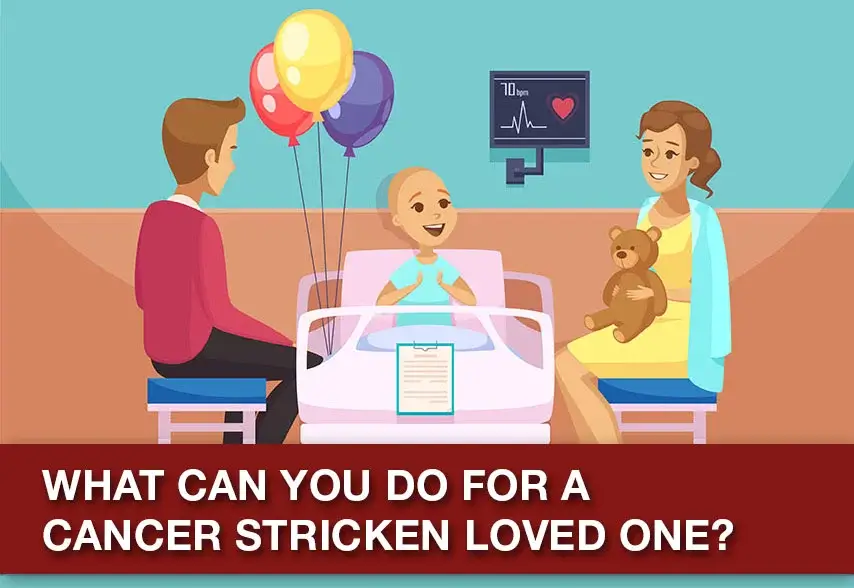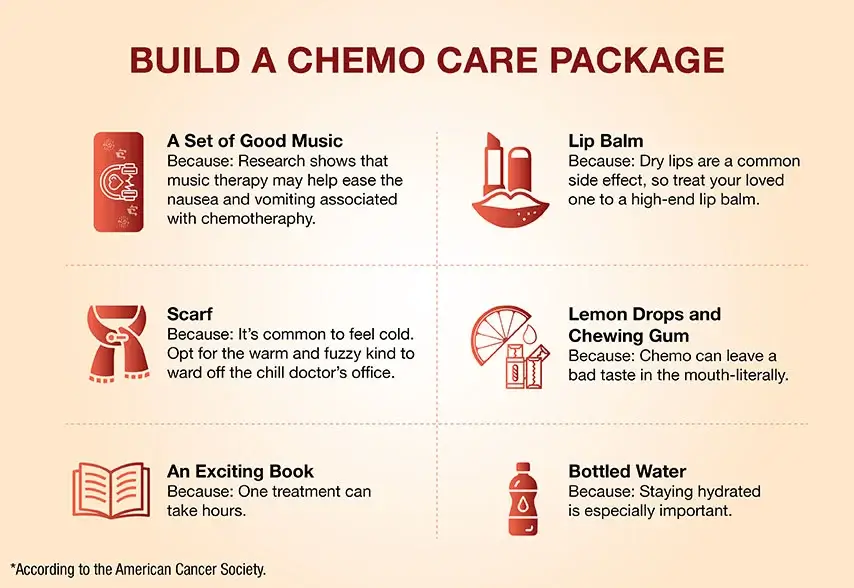
Finding out that a friend or a loved one has been diagnosed with or is battling cancer can be a heartbreaking moment. A diagnosis changes a lot of things in one’s life and when it is a critical illness, it is tricky to figure out how best to help and support your loved one if you’re the caregiver.
Let’s look at the different roles you can play as you extend your support:
Emotional Support
It is only human to feel at a loss of words in such situations. We never know the right words to say, but being open, sensitive and empathetic will most likely help people. More often than not, it is enough to just be there for your loved ones in their times of crisis.
There are certain things you should keep in mind, however. For starters, no two people with cancer will have the same experience. While it may help to know that they are not alone in battling this illness, too much comparison to other survivors or patients may not make for the best conversation. You need to be mindful of their mood and let them know they can count on you.
Second, you need to make sure you do not reduce them to their illness. Often it helps to provide them a distraction from the illness that is consuming their life. They might not want to talk about or think about cancer all the time, and it is important that they still have the pre-diagnosis normalcy.
Third, you need to see things from their perspective and detach yourself to understand how they are processing this life-changing turn of events. Respect their need for privacy or to have some quiet time. Research has shown that emotional support is important for most cancer patients during their illness, and the lack of such support can lead to depleting mental health with symptoms of anxiety or depression[1].
The best way to go about this is by talking to them: it feels awkward and that is understandable. Rather than curtailing your contact, you should aim at acknowledging such awkwardness. At least, this way, you will not end up saying something inappropriate like asking them to think positive, or forcing them to hunt for silver linings where there are none.
Keep checking in on them regularly, if they are a distant relative or friend. Offer them unconditional support through the various stages. These begin at diagnosis and do not end until after the treatment. You are required to be extremely patient.
Practical Support
Emotional support can go a long way in stabilizing their mental health, but practical support in daily activities is also important.
First and foremost, it is always key that you read the room. In accordance with their mood, they may need help or they may find it hard to lose their independence. It is nothing personal. They may ask you to let them function normally. Respect their decision, but make sure they know you are there if needed.
Some practical chores you can help with include preparing meals for them in advance, offering to help with the domestic activities like gardening or cleaning, driving them to the hospital for their tests and appointments, helping with laundry, helping them with shopping, getting them books, or a streaming subscription according to their taste. Errands can feel like a burden when the illness leaves them fatigued, so stay on top of these chores. Bringing thoughtful care packages can also go a long way.

Apart from all these, you should make sure that their treatment is all financially provided for, preferably through a cancer insurance plan. A good cancer insurance plan will provide you cover as soon as cancer is diagnosed, with specific payouts for Minor Stages or Major Stage.
Palliative Care
Even as people go through various stages of treatment, the road of recovery can be a bumpy one. There is a whole lot of physical stress and mental fatigue, not to mention the operations and surgeries can sometimes aggravate the symptoms before they cure them. Besides, treatment can often have side effects. Cancer patients need quality care and comfort in this stage. This is often referred to as palliative care. This is care that can make the patient feel better. It isn’t medical care that treats the disease, but comfort care that helps deal with the emotional and spiritual burden of the treatment. While this may require a palliative health care specialist, family members have a key role to play as the support system.
Surviving cancer is a battle your loved one is fighting and there’s no reason they should be doing this alone.
References:
[1] Source: 1. https://www.ncbi.nlm.nih.gov/pmc/articles/PMC2075927/


Comments